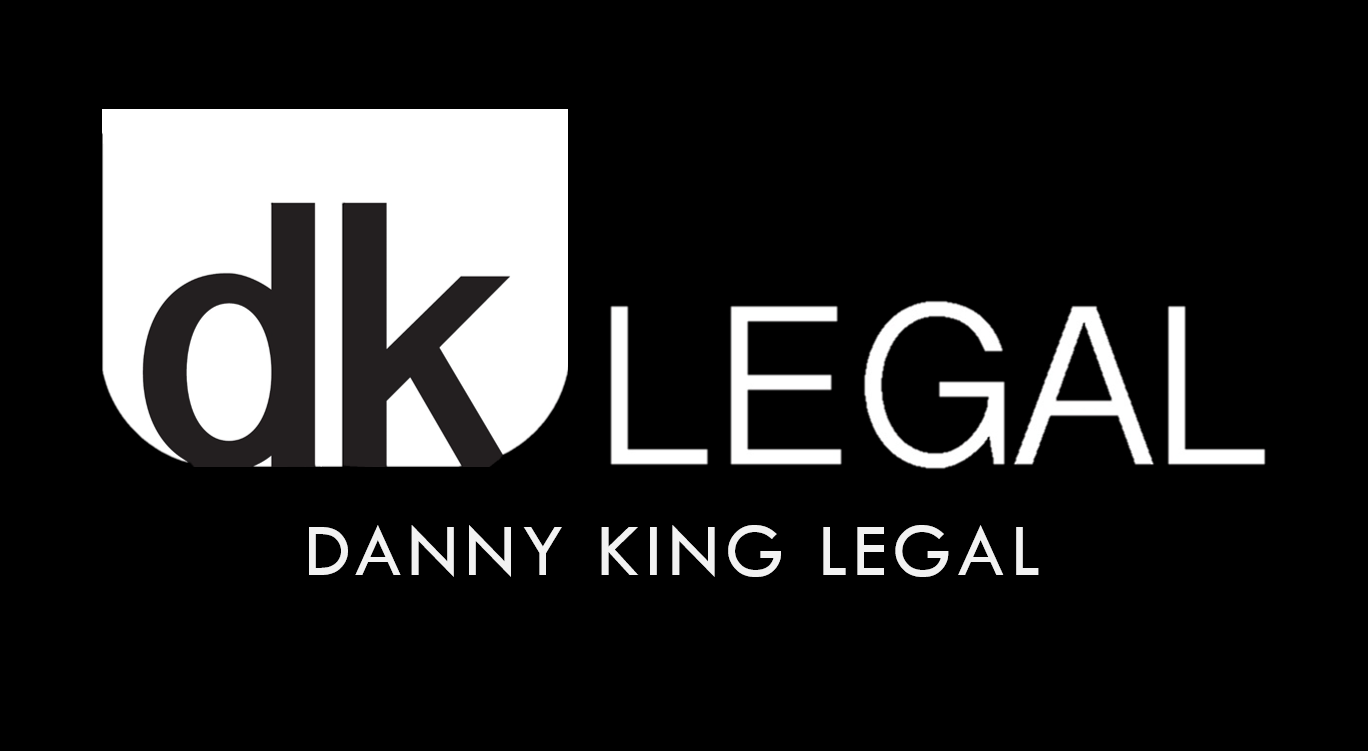Key Facts about Superannuation under the NES
The following should not be considered legal advice and is for general use only.
Earlier in the year, we provided a brief update on recent legislation changes before answering some FAQs employers ask us about their contract arrangements. Now we’re getting into the details – whether you’re an employee or an employer, this blog post has something for you.
Since 1 January 2024, employees have had their entitlement to superannuation contributions from their employer enshrined under the National Employment Standards (NES).
This change, enacted under the Fair Work Legislation Amendment (Protecting Worker Entitlements) Act 2023 (Cth), provides employees with a right to pursue their employers to recover underpaid or unpaid superannuation.
Background
Prior to this change, the Australian Taxation Office (ATO) was the only mechanism through which employees could seek repayment of their unpaid superannuation. Although this avenue for redress saves employees’ costs (as the ATO brings the action on their behalf), it is also a very timely process, and the worker is entirely reliant on the ATO choosing to commence proceedings.
The limitations of this process are evident when considering that under-enforcement under the ATO mechanism has been a substantial issue, with the ATO website reporting a net superannuation gap of $3.6 billion for the 2020-21 financial year. This indicates that around 5.1% of employers did not meet their superannuation guarantee obligations, even with the ATO’s compliance activities.
What’s changed?
Under the current changes, the ATO remains the primary enforcer of superannuation obligations, but the Fair Work Ombudsman (FWO) is now additionally empowered to seek redress for unpaid superannuation.
Workers who are covered by the NES, as well as employee organisations and unions, can now commence court proceedings against an employer for unpaid superannuation contributions (if the ATO has not taken such action on their behalf).
What employers need to know
These changes mean that there are more avenues for employers to be pursued for unpaid superannuation and it is more important than ever for employers to ensure that they are paying the correct amount of superannuation to their employees, and on time.
This new entitlement aligns with existing superannuation laws. This means that, if an employer complies with the superannuation guarantee (being the minimum amount of superannuation they must pay an employee, which currently stands at 11% and will increase to 11.5% from 1 July this year), then they will also have to meet their obligations under the NES.
Additional changes to the superannuation framework are also planned to come into effect from 1 July 2026. “Payday super”, announced as part of the Federal Government’s 2023-24 Budget, aims to require all employers to pay their workers’ superannuation with every pay cycle as opposed to quarterly. This will be an important change for employers to be aware of and to ensure it is complied with once the change comes into effect, and certainly one for employees too.
What employees need to know
Superannuation is now an enforceable workplace right which adds on to employees’ other workplace rights under the NES. Employees should proactively monitor their superannuation payments in order to ensure that employers are making the correct contributions and on time.
If an employee believes that they haven’t been correctly paid their superannuation, the first step is to check with their employer and their nominated superannuation fund. If it remains that there is non-payment of superannuation contributions, employees covered by the NES have the option of either commencing court proceedings against their employer or as it currently stands, contacting the ATO.
It is notable that the ATO can only investigate underpayments in contributions required under the superannuation guarantee. If an employee has an entitlement above this rate specified in a modern award or enterprise agreement, such a claim should be lodged with the FWO.
If you have any questions or concerns about these amendments and how they may apply to your own situation, Danny King Legal is here to help.
With thanks to our contributor – Anthony Lovett, Solicitor.
The above should not be considered legal advice and is for general use only.

